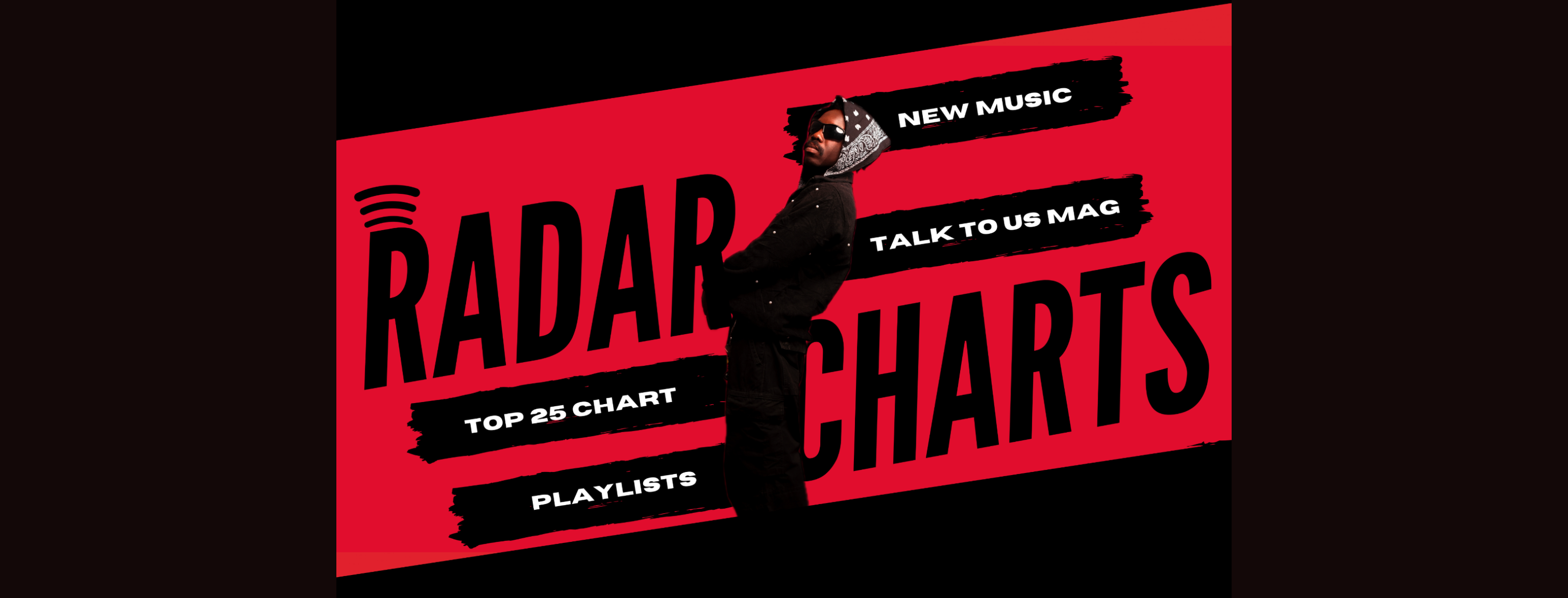When we talk about successful music artists, we often focus on their talent, hit songs, or electric stage performances. But behind the spotlight stands a powerful force—the artist manager—working tirelessly to ensure everything runs smoothly.
In Nigeria’s fast-growing music industry, artist managers play a crucial role in shaping careers, building brands, and turning dreams into global movements. If you’ve ever wondered what makes an artist thrive beyond the music, this post is for you.
Who is a Music Manager?
A music manager is more than just the person who picks up phone calls or books studio sessions. They are:
Career planners
Business strategists
Legal protectors
Mental anchors
And sometimes… even therapists
In short, a manager is the backbone of an artist’s career, allowing the artist to focus on their creative genius while they handle the business and planning side of things.
Types of Music Managers – And What They Do
There isn’t just one type of music manager. Each plays a different role in the artist’s journey:
1. Personal Manager (Main Manager)
Oversees the entire career of the artist
Makes decisions about branding, image, collaborations, and opportunities
Manages bookings, PR, and business growth
Functions as the CEO of the artist’s career
2. Business Manager
Handles all things financial: income, expenses, taxes, budgeting, investments
Ensures the artist remains financially secure and sustainable
3. Tour Manager
Manages logistics for tours and live shows
Coordinates travel, accommodation, schedules, and artist welfare
4. Production Manager
Supervises technical elements like stage design, lighting, sound, and setup
Works closely with engineers and production teams
5. Digital/Social Media Manager
Focuses on building the artist’s online presence
Grows fan engagement across social platforms, YouTube, and streaming apps
Helps shape a powerful digital brand in the age of virality
Why Music Managers Are Vital in the Nigerian Industry
Nigeria’s music scene is booming—but it’s also tough. Managers help artists navigate this dynamic terrain with clarity, professionalism, and strategy. Here’s how:
Career Direction and Focus
Managers help artists set goals and build a structured path to success. In a highly competitive space like Nigeria, staying consistent and strategic is key.
Business and Legal Protection
They review contracts, negotiate deals, and protect artists from exploitation by labels or promoters.
Brand Building
Your image matters. Managers craft and protect the artist’s brand, ensuring they remain attractive to both fans and potential sponsors.
Networking and Industry Links
From linking artists with top producers to securing endorsement deals, managers use their network to open doors that talent alone can’t unlock.
Tour and Performance Planning
Managers organize live shows, which remain one of the biggest revenue streams in Nigeria’s music industry.
Financial Security
They guide the artist on how to manage income, spend wisely, and invest smartly.
Marketing and Promotions
Managers work with PR teams to hype up new music, concerts, or merch drops—keeping the artist relevant and in the public eye.
Crisis Control
When controversy strikes, managers step in to manage the fallout, protect reputations, and rebuild trust.
Long-Term Growth
Good managers don’t just chase hits—they build lasting careers with long-term plans and sustainable goals.
The Manager’s Role in Artist Development
It’s not just about managing; it’s about developing an artist from raw talent to global icon.
Strategic Planning
Managers map out business plans, growth targets, and brand partnerships. They ensure every move aligns with the artist’s values and vision.
Creative Support
From picking the right producer to planning a music release, managers often help shape the sound and visual identity of an artist.
Emotional Support
Let’s not forget the mental side. The music industry is tough. A good manager celebrates wins and offers encouragement during down moments.
Case Study: Wizkid and Sunday Are
A shining example is Wizkid and his former manager, Sunday Are. Their partnership was instrumental in Wizkid’s international breakthrough. Sunday Are was responsible for:
Securing major shows
Arranging international collaborations
Guiding Wizkid’s brand into the global spotlight
It proves just how vital a manager’s role is behind the scenes.
Challenges Facing Music Managers in Nigeria (And How to Solve Them)
1. Lack of Industry Standards
The Issue: No unified professional framework leads to exploitation and amateur practices.
Solution:
Create industry-wide codes of conduct
Promote training and certifications
Partner with the Nigerian Copyright Commission ( NCC) for structure
2. Ethical Misconduct
The Issue: Some managers manipulate or exploit uninformed artists.
Solution:
Enforce transparent, written contracts
Encourage mentorship programs for upcoming managers
Strengthen legal protection for artists
3. High Competition
The Issue: With thousands of emerging talents, it’s hard to secure and develop top artists.
Solution:
Launch talent incubation hubs
Organize networking forums for managers
Collaborate, not compete, to elevate the industry
4. Funding and Infrastructure Gaps
The Issue: Limited access to quality studios, distribution, and investments
Solution:
Encourage public-private partnerships
Use crowdfunding and brand sponsorships
Invest in local digital tools for music creation and distribution
5. Talent Development Challenges
The Issue: Lack of structured support systems for up-and-coming artists
Solution:
Establish mentorship and development programs
Build regional music hubs
Foster collaborations with established acts
Final Thoughts: A Manager Builds the Legacy
A talented artist without a great manager is like a hit song on mute. You might have the melody—but without strategy, no one hears it.
Behind every successful music journey is a manager guiding, supporting, and pushing the boundaries. Especially in Nigeria’s fast-paced, global-facing music scene, a solid manager is not just an asset—it’s a necessity.
If you’re an aspiring artist manager, understand this:
You’re not just managing a career.
You’re helping to build a legacy.

 hafrikPlayNG
hafrikPlayNG
